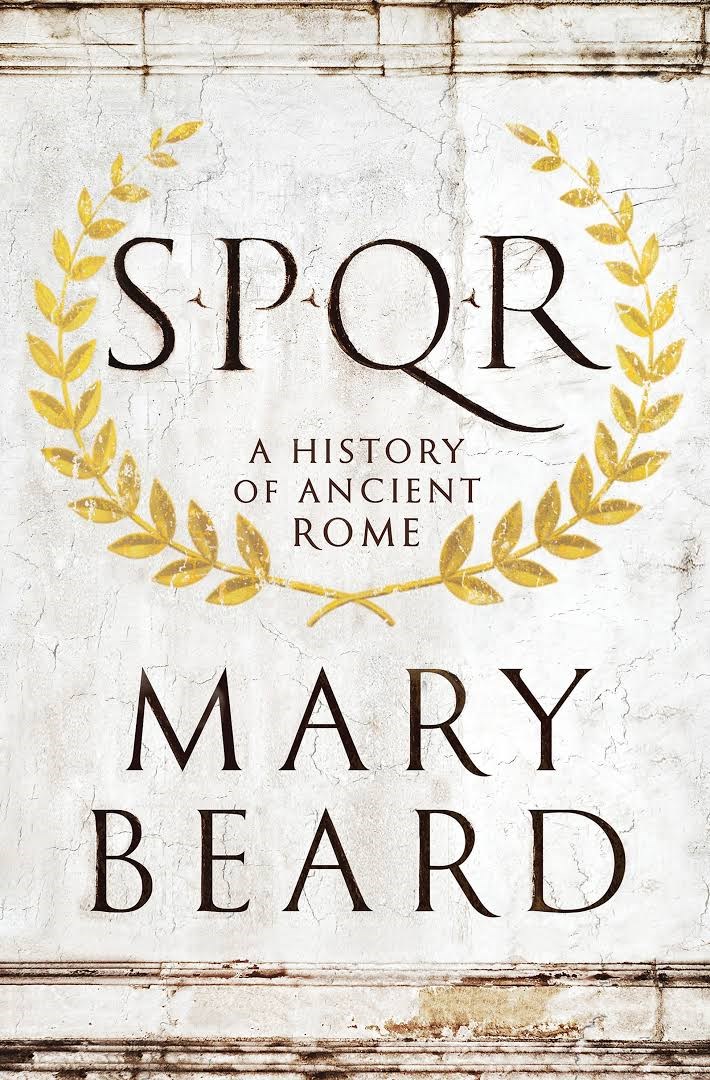Ancient Rome looms large even now, more than 2000 years after the empire started. We have hundreds and thousands of letters, artifacts, buildings, and traditions that have affect cultures all around the world. We such a huge history available to us, it’s a bit hard to choose a good place to start if you want to start to learn a few of the details. Rome, after all, was a major force for a millennium. There’s more than just Julius Caesar and the movie Gladiator. We think of it as an empire, but it spent hundreds of year as a republican, run by elected consuls and a senate, and before that just another village in central Italy.
Does this sound a bit dry? SPQR: A History of Ancient Rome by Mary Beard tries to make it all easily digestible. Starting from the early (and speculative) origins of the city itself, Beard covers the major developments of how Rome came to power.
Dropping a lot of Latin names can get a bit confusing; many historical figures shared the names of many others, often deliberately in an attempt to claim some connection. But overall, Mary Beard tells the story in such a way to make it all mostly understandable. With diversions into what everyday life might have looked like to the average citizen, what places conquered by Rome may have come to expect in terms of rights, to what kind of games both the upper and lower classes, SPQR is a good overview of the entire history of Rome.
Certainly there are a lot of details that would be nice to see more of, but that’s not the intention of this book. If you are looking for the major scandals (Caligula nominating a horse for the Senate? probably didn’t happen; Nero fiddling while Rome burned? He actually played the lyre and in fact spearheaded recovery and housing efforts in the aftermath) you won’t find them here. This is a bigger picture with only occasional dives into the lives of the famous figures. A thorough bibliography and notes section at the end gives plenty of recommendations for deeper reading; this is just a taste of 1000 years of history.
Steven McCreedy is a library technician at the Cambie Branch of the Richmond Public Library



